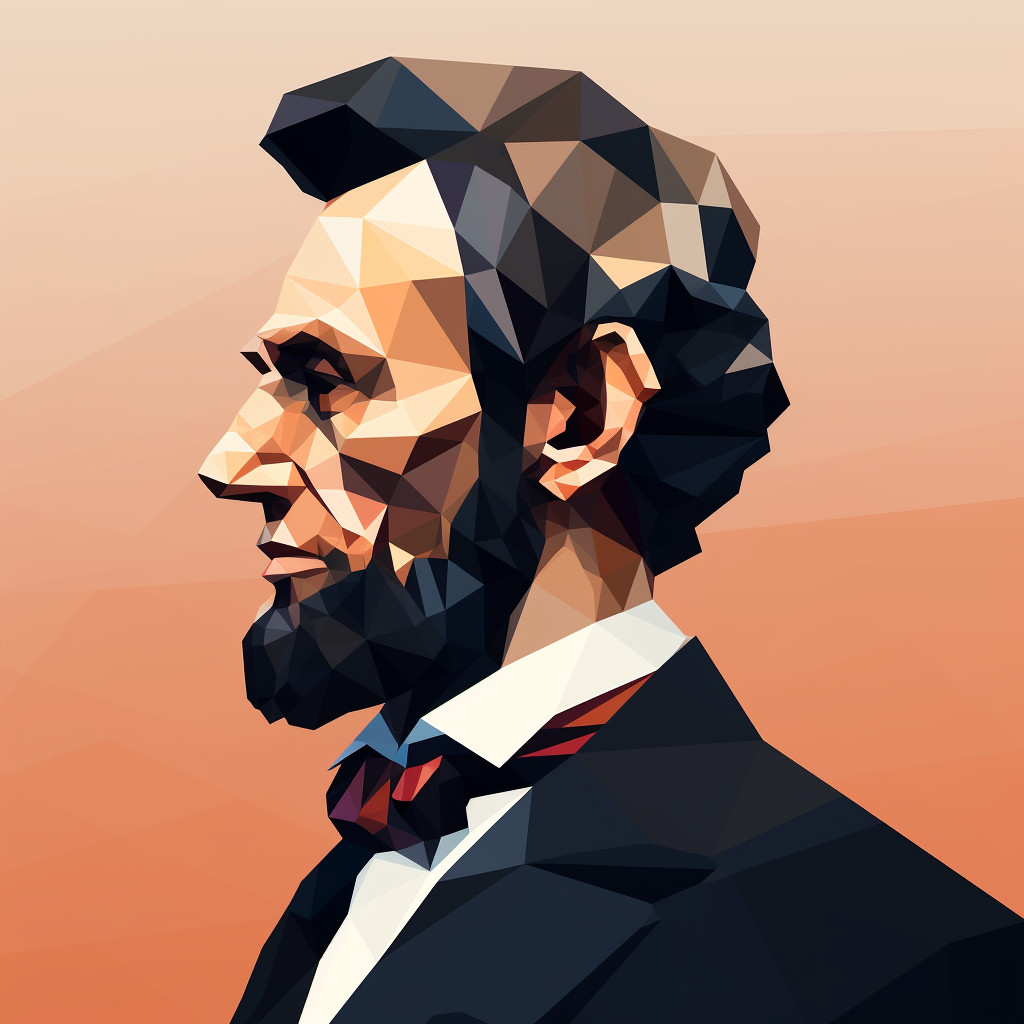This quote suggests that our thoughts and ideas, no matter how unique they may seem to us, have likely been thought of before. Books, being repositories of knowledge and ideas from different eras and cultures, serve as a reminder that our thoughts are part of a collective human experience. They highlight the universality of human thought and experience, demonstrating that even the most original ideas are often variations or evolutions of existing ones.
This concept doesn’t diminish the value of our thoughts or ideas, but rather, it underscores the interconnectedness of human knowledge and creativity. It suggests that originality doesn’t necessarily mean creating something entirely new, but often involves building on, reinterpreting, or seeing existing ideas in a new light.
In today’s world, this idea is particularly relevant in the realm of technology and innovation. Many groundbreaking inventions are not entirely new concepts but rather improvements or different applications of existing technology. For example, smartphones brought together existing technologies – telephones, computers, cameras – into a single, more convenient device. They weren’t entirely new, but a new way of using what was already there.
In terms of personal development, this quote can be seen as encouraging humility and continuous learning. It reminds us that no matter how much we know or how original our ideas seem, there’s always more to learn from others. It suggests that by reading and learning from a wide range of sources, we can broaden our perspectives, improve our understanding, and potentially come up with more refined and well-informed ideas. It encourages us to view our thoughts as part of a larger dialogue, rather than isolated insights, fostering a sense of connectedness and shared human experience.







